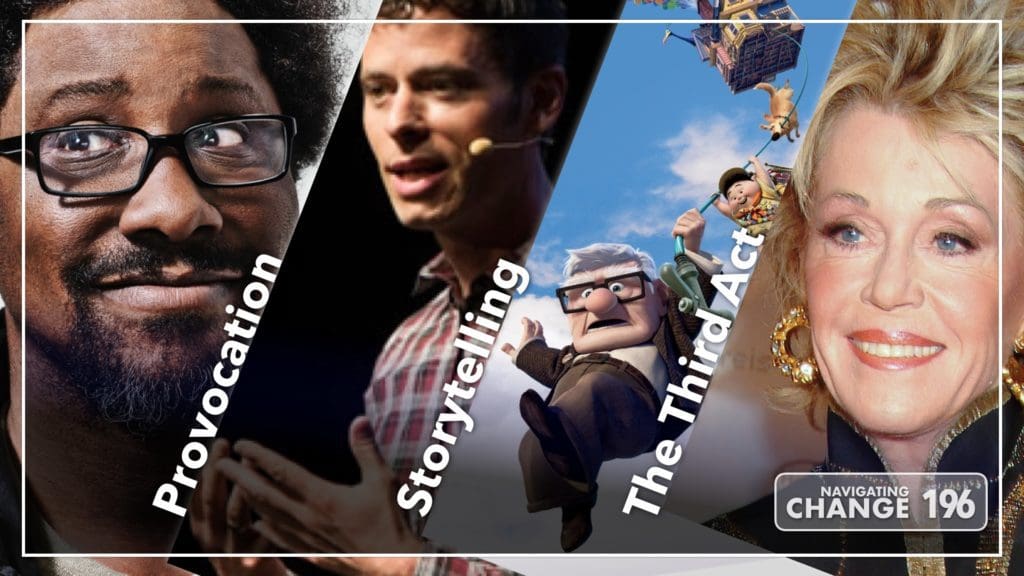Last month, I had the opportunity to have my perspective tested. As someone that works in higher education, you might think that’s not much of a novelty. On the contrary — none of us is immune to cemented positions and calcified opinions. The NACUBO 2018 Annual Meeting was a chance for me to face some of my own, and I walked away with three experiences I wanted to share this week.
W. Kamau Bell opened his keynote explaining that he’d been asked not to swear. As a comedian, he’s accustomed to speaking out in the face of controversy and speaking truth to cultural power. His pledge to us was clear: If I do my job right, he told us, I will provoke you, and hopefully not offend. That line, he said, is different for each of you.
And push that line he certainly did. Over the course of his talk, he tackled race and class. With the majority of the audience being white, he asked us to question our role as those with privilege and even if we’re doing the right thing, is doing the right thing quietly enough? Does a silent majority truly provoke positive action and outcomes?
Lesson One: We need to be provoking more. Even if our provocation leads to discomfort, the outcome of facing that discomfort leads to substantial change.
I am a big Pixar fan. Not just the films, mind you, but the company, leadership, and culture all conjure up best-in-class contributions to me. In my conversation with former story lead Matthew Luhn, I learned something new about the act and art of storytelling I didn’t anticipate.
According to Luhn, we can create stronger stories by focusing on character.
To demonstrate, he walked us through the emotional rollercoaster of one of the films he worked on at Pixar, Up. In so doing, he showed the power of using character as a vehicle for personal transformation, and deftly paralleled this tale of fiction to the stories we’re trying to tell of our institutions.
Lesson Two: Great stories promise to change the lives of the protagonists we imagine ourselves to be. We can generate a stronger emotional connection to our institutions and our initiatives with an increased focus on that character.
Finally, Jane Fonda. She’s just turned 80, and the message she brought to the NACUBO stage was one about a more personal transformation over time: the third act.
According to Fonda, we are now living an average of 34 years longer than our grandparents. With all this time, how are we doing at embracing this “third act” of our lives?
The change message here is terrific; we can change our brains. With practice, we can embrace new ideas and contribute enthusiastically far outside the commonly accepted rules of retirement. We can shift the negative stories of our past and forge new connections to how we want to show up in the world. Fonda calls on us to do a life review, to use this third act to finish the job of becoming who we’re supposed to be.
Lesson Three: In my experience, we drastically underestimate our ability to change over the long arc of our careers, and to use our knowledge to drive future change and contribute fully to every initiative in our institutions and beyond — no matter our chronological age.











